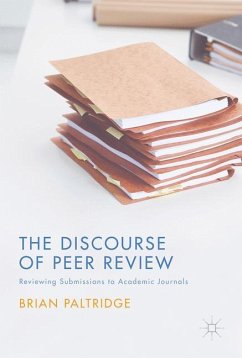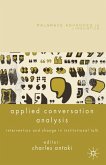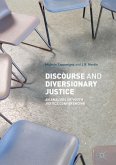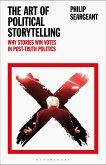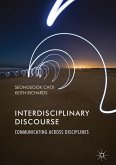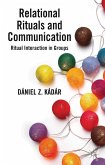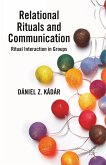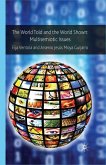This book examines reports that are written by reviewers of submissions to a peer-reviewed journal. This includes a thorough study of the reports from the perspectives of context, content and genre, as well as from the point of view of pragmatics and politeness. The author examines the use of evaluative language, and the roles reviewers assume as they make their evaluations. He also explores how reviewers learn to write these reports. He then discusses the results of these analyses from the point of view of reviewer training, making suggestions for further research in the area of editorial peer review. The demystification of this occluded genre will be of benefit to doctoral students and early career academics not yet familiar with the peer review process, as well as those working in the broader areas of English for Specific Purposes and English for Academic Purposes, discourse analysis and writing for publication.
"I heartily recommend The Discourse of Peer Review, which skillfully synthesizes key features of reviewer reports and offers practical guidance for both academic authors and reviewers. This informative and well-researched book achieves its stated goals of demystifying the occluded peer review genre, exposing the processes associated with it, and critically examining the value systems of academic disciplines." (John S. Hedgcock, Journal of Second Language Writing, Vol. 43, March, 2019)
"This book makes a useful contribution to the process, one that would be of immense value to new reviewers and of great interest to the more seasoned." (Gillian Skyrme, Journal of Second Language Writing, Vol. 43, March, 2019)
"The Discourse of Peer Review is a research monograph based on a meticulous analysis of 97 reviewers' reports written for English for Specific Purposes (ESP), focusing on rhetorical moves, pragmatics, use of evaluative language, and the need for reviewer training. As such, it also has much to offer teachers and scholars of writing, in addition to beginning academic authors and prospective reviewers." (Jeroen Gevers, System, April, 2018)
"In The Discourse of Peer Review: Reviewing Submissions to Academic Journals, Paltridge analyses the genre of the reviewers' report through linguistic lenses of evaluation, politeness, and pragmatics (the relationship between language and context), generating a research monograph that will be of primary interest to scholars of language and communication." (Steven E. Gump, Journal of Scholarly Publishing, Vol. 49 (2), January, 2018)
"The greatest value of Paltridge's book is that it offers a comprehensive survey of contemporary insights into peer-review writing ... . The writing is clear and fluid, facilitating an easy and enjoyable read. It is an essential read for those who engage in training editors and reviewers and useful for scholars, researchers and PhD students. The book can also be used in teaching academic writing." (Lilia Raitskaya, Discourse & Communication, Vol. 12 (06), 2018)
"The pedagogical strategies the book presents constitute a useful reference for researchers and practitioners engaged in academic writing, particularly in terms of developing training programmes, ensuring quality and publication standards, as well as maintaining the community values and norms." (Jihua Dong, Journal of English for Academic Purposes, 2018)
"This book makes a useful contribution to the process, one that would be of immense value to new reviewers and of great interest to the more seasoned." (Gillian Skyrme, Journal of Second Language Writing, Vol. 43, March, 2019)
"The Discourse of Peer Review is a research monograph based on a meticulous analysis of 97 reviewers' reports written for English for Specific Purposes (ESP), focusing on rhetorical moves, pragmatics, use of evaluative language, and the need for reviewer training. As such, it also has much to offer teachers and scholars of writing, in addition to beginning academic authors and prospective reviewers." (Jeroen Gevers, System, April, 2018)
"In The Discourse of Peer Review: Reviewing Submissions to Academic Journals, Paltridge analyses the genre of the reviewers' report through linguistic lenses of evaluation, politeness, and pragmatics (the relationship between language and context), generating a research monograph that will be of primary interest to scholars of language and communication." (Steven E. Gump, Journal of Scholarly Publishing, Vol. 49 (2), January, 2018)
"The greatest value of Paltridge's book is that it offers a comprehensive survey of contemporary insights into peer-review writing ... . The writing is clear and fluid, facilitating an easy and enjoyable read. It is an essential read for those who engage in training editors and reviewers and useful for scholars, researchers and PhD students. The book can also be used in teaching academic writing." (Lilia Raitskaya, Discourse & Communication, Vol. 12 (06), 2018)
"The pedagogical strategies the book presents constitute a useful reference for researchers and practitioners engaged in academic writing, particularly in terms of developing training programmes, ensuring quality and publication standards, as well as maintaining the community values and norms." (Jihua Dong, Journal of English for Academic Purposes, 2018)

